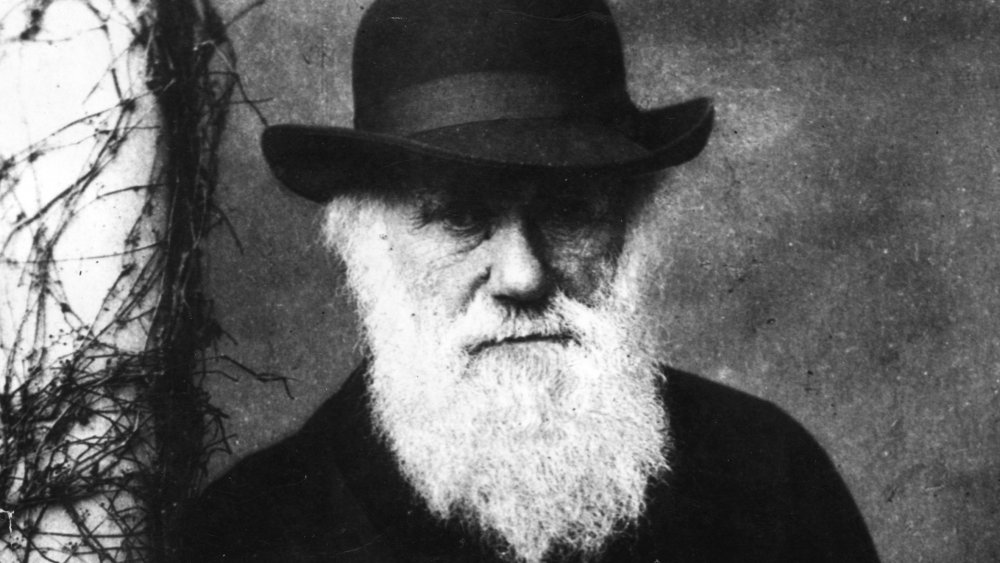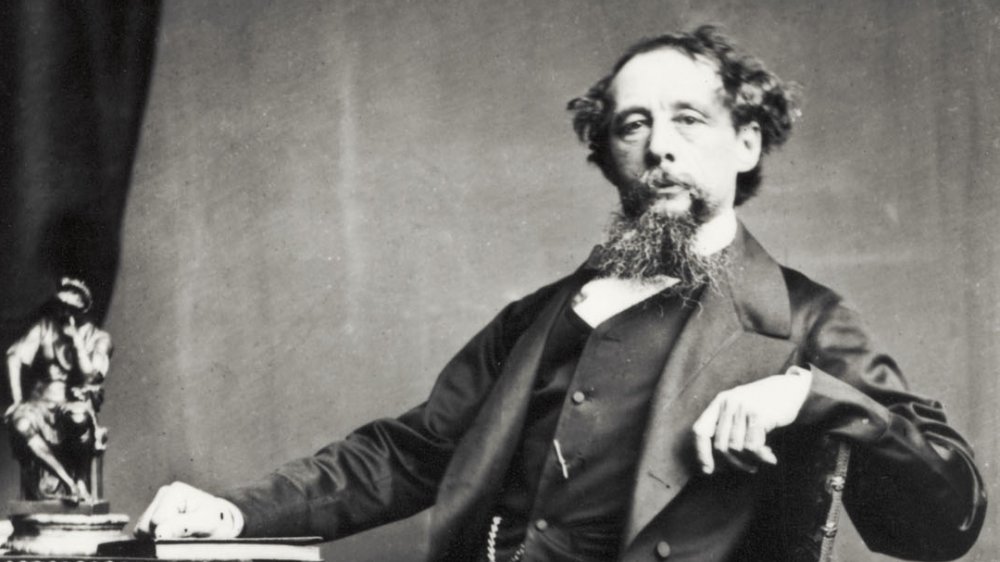The Real Reason So Many Victorian Men Had Beards
Pictures from the Victorian era often showed men wore beards. It seemed rare that men during that time were clean-shaven. But there's a reason for this beard mania and it wasn't just because they wanted to prove how masculine they were.
Doctors prescribed beards to filter out harmful air, explained the Smithsonian Magazine. Thick beards, doctors believed, trapped impurities from the air before they entered the body, much as nose hair does. Some doctors told their patients, especially those who often engaged in public speaking, like politicians, to grow full beards to prevent sore throats. History Extra wrote that people claimed beards warmed the throat. Other health claims included preventing toothaches and keeping eyes healthy. Interest in germ theory was just developing around the mid-19th century and air quality was particularly bad. Around this time, England and much of Europe were undergoing an industrial revolution, so people wanted to keep themselves safe from dirt particles.
But health wasn't the only reason beards were popular. The BBC reports soldiers began growing beards to ward off the chill of the Crimean winter during the Crimean War. The army had banned beards before, but after they proved useful during the war, the ban was overturned. Men who returned with full beards were hailed as heroes, and beards became a mark of courage.
Beard mania was real
It became fashionable for Victorian men to sport beards soon after. The trend lasted for years. According to the English Shaving Company, pre-Victorian men preferred a clean-shaven look as beards were associated with the working classes. Men instead began wearing side whiskers, but left their chins clean-shaven. Side whiskers were so popular that shops sold false whiskers for those too impatient (or unable) to grow their own.
Things changed after the Crimean War, the Boer War, and the British military's return from colonizing half the world. Men wanted others to believe they were rugged, too, so they grew long beards. History Extra reports that people touted the benefits of not shaving. Some publications at the time claimed shaving took too much time; for instance, American men lost 36 million working days because they shaved too much. Beards became so ubiquitous, the BBC said, it was rare to see any men in the Victorian age without one. Unless you're royalty. Queen Victoria's husband, Prince Albert, refused to grow a beard.
But like all trends, full beards soon fell out of favor. Men gradually shaved, moved to mustaches, and eventually back to a clean-shaven face. By this time, people stopped using health and manliness as an excuse for beards. But, if you've ever walked around hipster neighborhoods, you'd know that the beard is enjoying a renaissance of sorts. Perhaps they haven't heard: Beards actually trap more bacteria and food.

